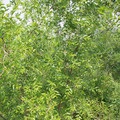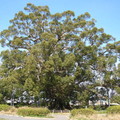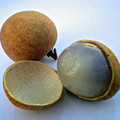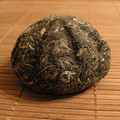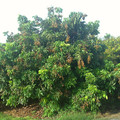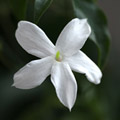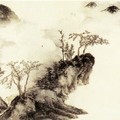Puer Tea Glossary - Zhi Zheng Tea Shop
„gan; 干 - dry. Sometimes used to describe a certain feeling in the mouth, typically on the tongue or in the throat that is either due to the nature of the tea, or the way it has been processed or stored. Distinct from astringrent. See also 燥/zao“
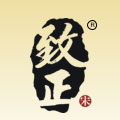
Quotes Tags: China, Experiencing tea, Pu-erh
- Discussion: 0 comments
- Write a comment
Teas - Pu-erh
2013 Chawangpu "Shuang Shu" Xiao Bing Cha
 1 review
1 reviewThis is the first time we made blending raw puer cake, so we took advice from a more...
2012 EoT Bulang Puer Tea 400g
 1 review
1 reviewThis tea was a bit of an experiment for us. We'd found 2 different maochas from Bulang...
2013 Spring Hekai Gu Shu Mao Cha
 1 review
1 reviewThe mao cha were picked on the same day from the same tea garden. Light yellow liquor...
2005 Nannuoshan TF Menghai Raw Puerh Cake
 1 review
1 reviewThis is a classic Menghai spring blended cake from Nannuoshan Tea Factory which was...
1980's Zhongcha 8653 (HK/Malaysian
 0 reviews
0 reviewsProduced in the mid-late 1980's, these cakes were stored for the first 10-15 years of...
2014 Mengsong Ripe Puerh Cake
 0 reviews
0 reviews2014 late spring harvest, Mengsong area, moderate fermentation. Classic...
Quotes - Pu-erh
„Depending on the desired product and speed, from quickest and tightest to slowest and loosest, pressing can be done by a lever press, which was operated by hand for tight pressings and has largely been replaced by the modern hydraulic press.“
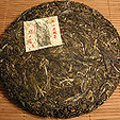
Quotes Tags: Pu-erh
Video - Pu-erh
Theme
Teas
2013 "Light Roast" Wild Tree Purple Varietal
 1 review
1 reviewThis is a lightly processed black tea that was hand-crafted using a wild tree purple leaf varietal from...
2014 White2Tea New Amerykah 2
 1 review
1 reviewAn old arbor Menghai blend. Thick body, lingering kuwei [pleasant bitterness], and plenty of oomph. This...
2014 Yunnan Zao Chun
 1 review
1 review"Early Spring" - fresh green tea from higher elevations near Yun Pan Shan (1100m) in early spring harvest....
Tea by region
We will help you with tea selection.
Do you like quality loose tea?
We will help you to find the right one for you. Be inspired by tea ratings of other tea lovers. Rating stars could help you.


Review your cup of tea.
Review the tea you are drinking and help other tea lovers to find the right cup of tea.






 Shops
Shops Share on Facebook
Share on Facebook






